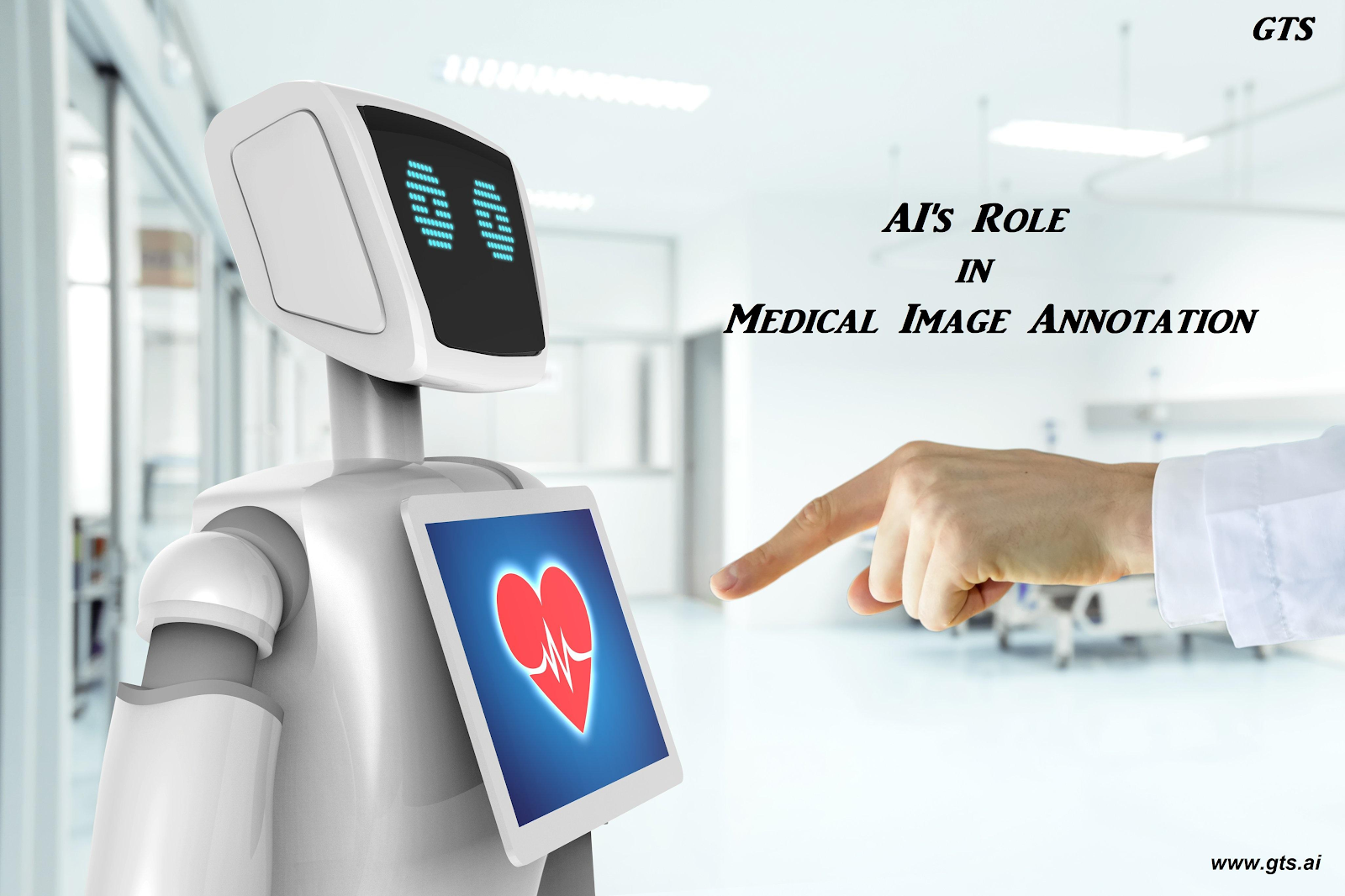How Healthcare Data is Used to Developing and Evaluate Medical Devices
The healthcare industry is constantly advancing and evolving, with new technologies and devices being developed to improve patient outcomes and overall healthcare delivery. However, before medical devices can be approved and released to the market, they must undergo a rigorous process of testing and evaluation to ensure they are safe and effective. One critical aspect of this process is the use of healthcare data.
Healthcare data is a valuable resource for developing and evaluating medical devices, as it provides important insights into patient characteristics, health outcomes, and treatment effectiveness. In this blog, we will explore how healthcare data is used to develop and evaluate medical devices.
Developing Medical Devices with Healthcare Data
The development of medical devices typically begins with an idea or concept for a new device that could improve patient outcomes or healthcare delivery. However, before any device can be brought to market, it must undergo a series of tests and evaluations to ensure its safety and effectiveness.
One of the first steps in the development process is to conduct a thorough review of existing healthcare data to identify gaps in current treatments or devices. This review may involve analyzing clinical trials, medical literature, and patient data to identify areas where new devices are needed.
Once a potential device has been identified, healthcare data can be used to inform the design and development process. For example, data on patient demographics, medical histories, and treatment outcomes can help device developers understand the needs and preferences of patients, which can inform device design.
Healthcare data can also be used to test and refine prototypes of medical devices. For example, simulated patient scenarios can be created using healthcare data to test the functionality and usability of new devices before they are tested on real patients.
Evaluating Medical Devices with Healthcare Data
Once a medical device has been developed, it must undergo a rigorous evaluation process to ensure it is safe and effective for patients. This evaluation process typically involves a series of clinical trials, which use healthcare data to assess the device’s performance and safety.
Healthcare data is used to identify and recruit patients for clinical trials, as well as to monitor their progress and outcomes. For example, patient data can be used to identify individuals with specific medical conditions or characteristics that are relevant to the device being tested.
During clinical trials, healthcare data is used to monitor patient outcomes and evaluate the safety and effectiveness of the device being tested. Data is typically collected from a variety of sources, including patient medical records, patient-reported outcomes, and other clinical measures.
Once a medical device has completed clinical trials and has been approved for use, healthcare data continues to be used to monitor its safety and effectiveness in real-world settings. This ongoing monitoring may involve collecting data from patients who have received the device, as well as analyzing healthcare data from electronic health records and other sources.
The Role of Big Data in Medical Device Development and Evaluation
The use of healthcare data in medical device development and evaluation has been greatly enhanced by the availability of big data analytics tools and technologies. These tools allow researchers and device developers to process and analyze large volumes of data, providing insights into patient characteristics, treatment outcomes, and device performance.
Big data analytics can also be used to identify patterns and trends in healthcare data, which can inform the development of new medical devices or the refinement of existing ones. For example, machine learning algorithms can be used to identify correlations between patient characteristics and treatment outcomes, which can be used to inform device design.
In addition, big data analytics can be used to monitor the safety and effectiveness of medical devices in real-world settings. For example, data from electronic health records can be used to identify potential safety issues with a device, which can then be investigated further.
Conclusion
The development and evaluation of medical devices is a complex and rigorous process, requiring extensive testing and evaluation to ensure safety and effectiveness. Healthcare data plays a critical role in this process, providing important insights into patient characteristics, treatment outcomes, and device performance.
Through the use of healthcare data, medical device developers can better understand patient needs and preferences, which can inform device design and development. Healthcare data can also be used to test and refine prototypes of medical devices, as well as to identify and recruit patients for clinical trials.
During clinical trials, healthcare data is used to monitor patient outcomes and evaluate the safety and effectiveness of medical devices. Once a device has been approved for use, healthcare data continues to be used to monitor its performance in real-world settings.
The availability of big data analytics tools and technologies has greatly enhanced the use of healthcare data in medical device development and evaluation. These tools allow researchers and device developers to process and analyze large volumes of data, providing insights into patient characteristics, treatment outcomes, and device performance.
In conclusion, healthcare data is a crucial resource in the development and evaluation of medical devices. Through the use of healthcare data, medical device developers can better understand patient needs and preferences, refine device design, and evaluate device performance in real-world settings. With the continued advancement of big data analytics tools and technologies, the role of healthcare data in medical device development and evaluation will only become more important in the years to come.
The impact of data on the healthcare sector is evident. Integration is becoming increasingly important to reap the rewards that data can offer the enterprise as big data transformation strategies like IT modernization and cloud environments take the lead. That’s why we at Globose Technology Solutions aim to provide the best quality Healthcare datasets for your AI/ML models. We are experienced and have enough expertise to complete any sort of project.



